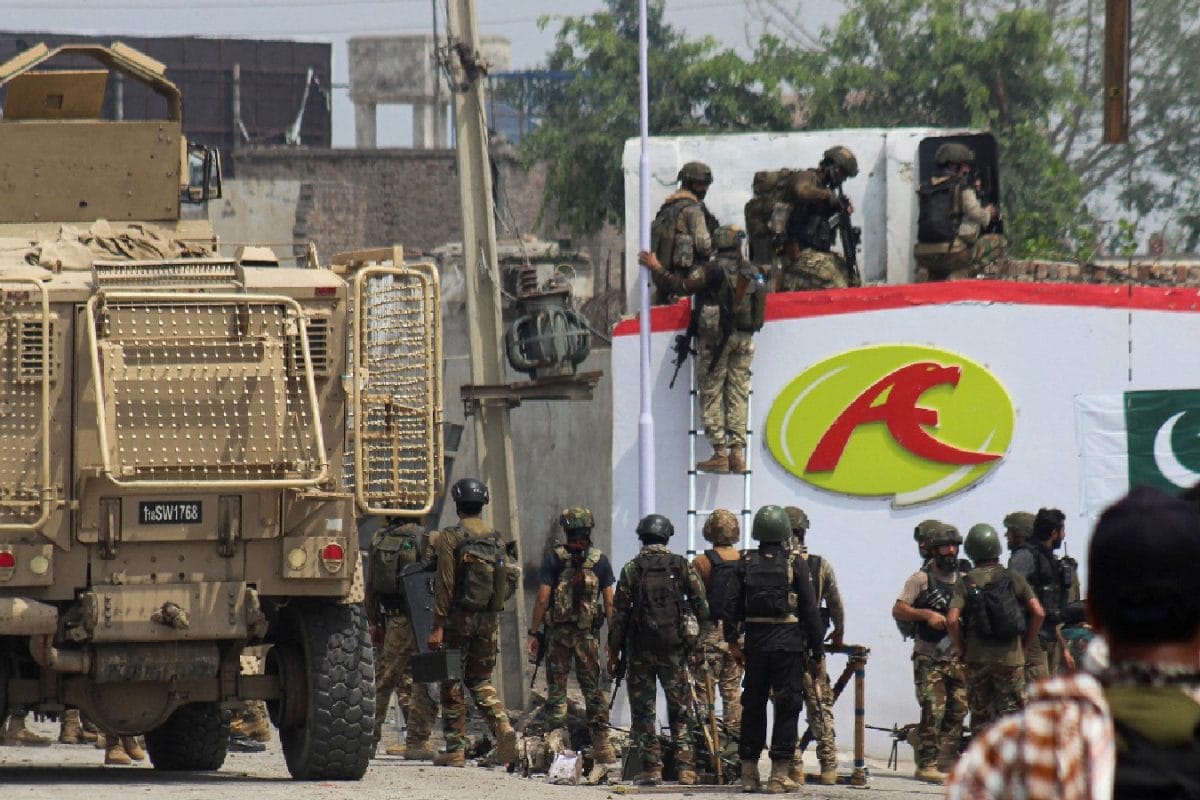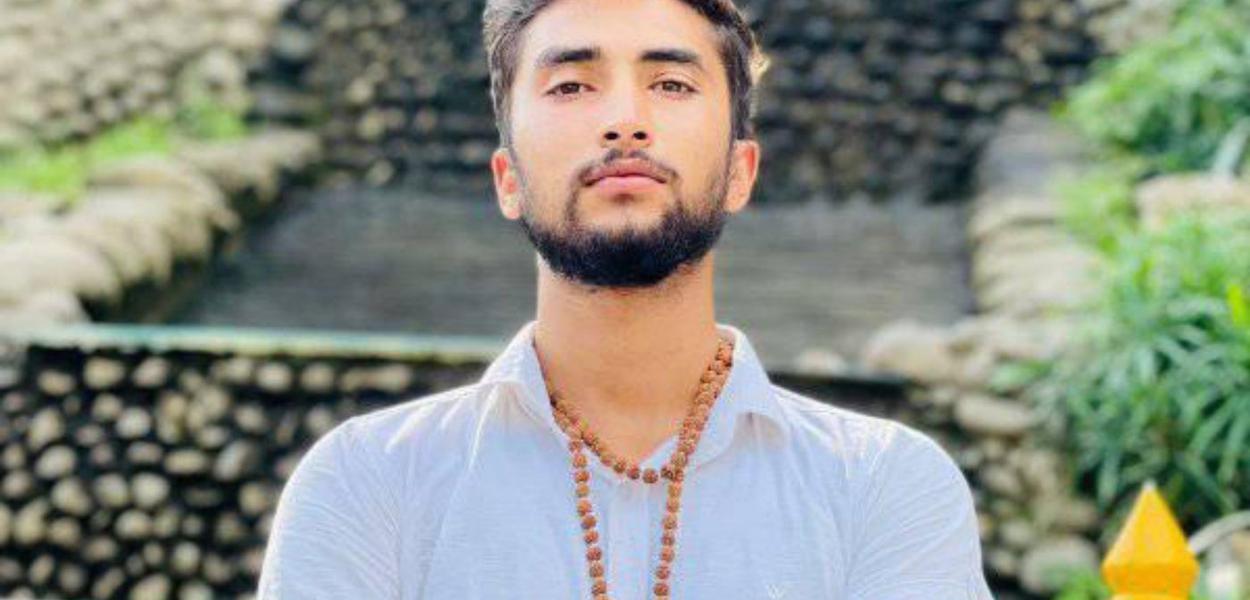The Human Rights Commission of Pakistan has sharply criticised the Pakistani Air Force for carrying out strikes against its own people.
In response to Pakistani provocations at the United Nations Human Rights Council (UNHRC) on Tuesday, India reminded its neighbour that it bombs its own citizens and exports terror to cause global instability.
“A delegation that epitomises the antithesis of this approach continues to abuse this forum with baseless and provocative statements against India,” said Indian representative at the UNHRC, diplomat Kshitij Tyagi, in a video that is now going viral.
Tyagi added, “Instead of coveting our territory, they would do well to vacate the Indian territory under their illegal occupation and focus on rescuing an economy on life support, a polity muzzled by military dominance, and a human rights record stained by persecution.”
The rise of militancy in Pakistan’s tribal belt can be traced back to the early 2000s, when Al-Qaeda and Taliban fighters fleeing the US invasion of Afghanistan in 2001 sought refuge across the Durand Line. According to the Council on Foreign Relations, groups like the Tehrik-i-Taliban Pakistan (TTP), formed in 2007 under Baitullah Mehsud, transformed the tribal areas into a hub of militancy, targeting Pakistani security forces and civilians alike.
In response, the Pakistani Army launched large-scale operations such as Operation Zarb-e-Azb in 2014 and Operation Radd-ul-Fasaad in 2017, claiming major successes against militant groups.
However, recent reports from the BBC in 2023 indicate that the TTP has regrouped following the Afghan Taliban’s takeover in 2021. The insurgents have increased attacks in regions like Khyber, Bajaur, and Waziristan.
Analysts such as Michael Kugelman of the Wilson Center note that the militants now hold the initiative in many border districts, leaving the Pakistani Army struggling to regain control despite heavy deployments.
https://www.news18.com/world/exports-terror-bombs-own-people-pakistans-provocation-gets-indias-scathing-reply-at-unhrc-ws-l-9592646.html



